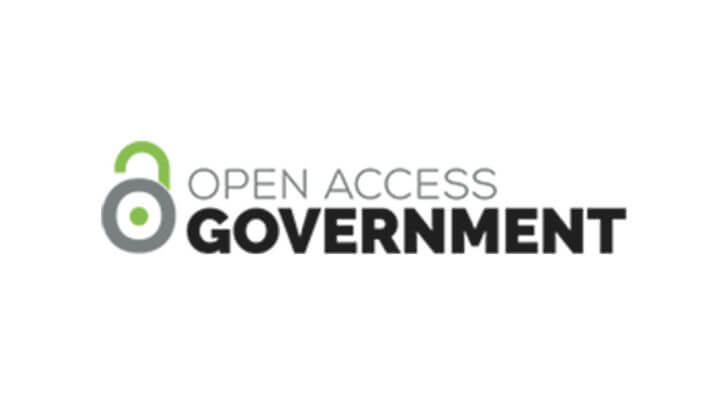BCL partner John Binns writes for Open Access Government with his latest article, ‘COVID-19 and medical cannabis: Could the crisis bring opportunities?’
Here’s an extract from the article:
Some have speculated that the UK’s lockdown to tackle the spread of COVID-19 could have some positive impacts on its nascent medical cannabis market, including a relaxation of its still over-strict regulatory regime. While it is too soon to claim any substantial silver lining of this nature, there are certainly some grounds for cautious optimism.
By way of background, it’s certainly fair to say that the UK has a history of sending mixed signals with respect to cannabis, with changes to its regulatory approach – informed by its legal categorisation as a controlled drug with no therapeutic value – generally lagging behind shifts in public attitude. (An interesting exception arguably arose when widespread debate surrounded its downgrading from ‘class B’ to ‘class C’ in 2003, and the reversal of that change in 2009.)
Matters came to a head in October 2018, when the cases of Billy Caldwell and Alfie Dingley – both sufferers of rare forms of epilepsy, whose use of cannabis products drew huge public support – prompted the creation of a new legal category of controlled drug, Cannabis-Based Products for Medicinal Use (CBPMs), which could be prescribed in certain restricted circumstances.
The story since then has been less than satisfactory, with various problems with the CBPMs system exposed, some of them by the mothers of Billy and Alfie themselves. These include tighter restrictions on CBPMs than most other medicines resulting in a lack of doctors prepared to prescribe them, a reluctance to allow publicly funded prescriptions on the NHS and bureaucratic delays in importing them. Consequently, critics have described the emergence of a two-tier system, split between patients who can afford expensive CBPMs through private clinics and those who cannot. A parallel debate has served to discourage the market for pure (zero-THC) CBD products as a non-psychoactive (and so non-prescribed) alternative, by controversially subjecting them to the EU’s ‘novel foods’ regime.
This article was originally published by Open Access Government on 11th May 2020. You can read the full article here.

